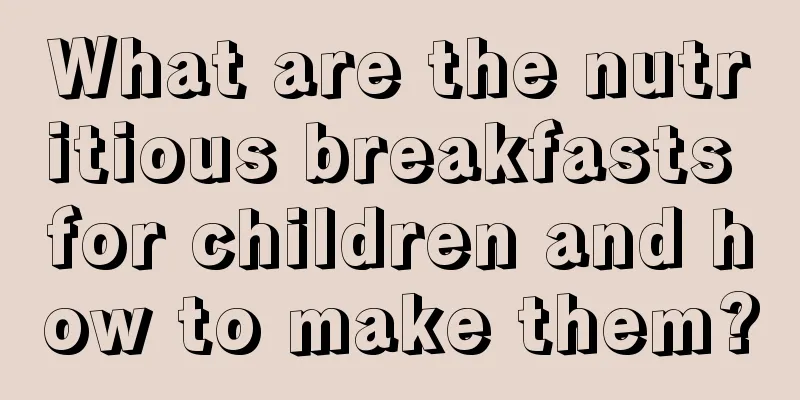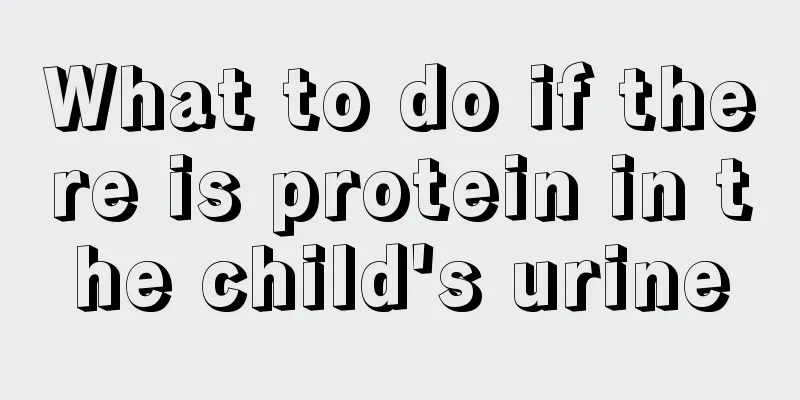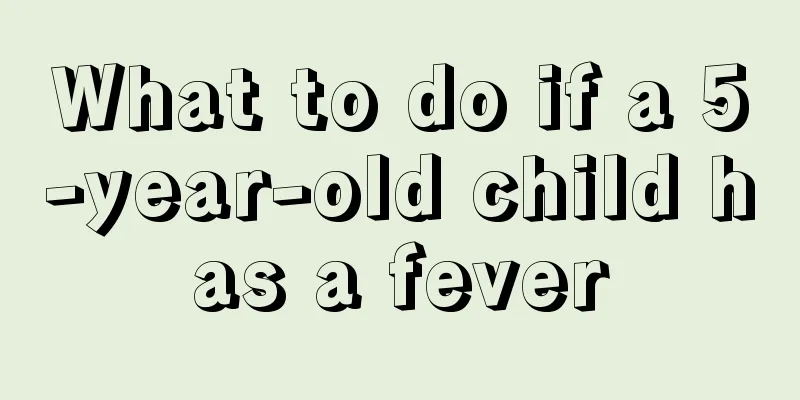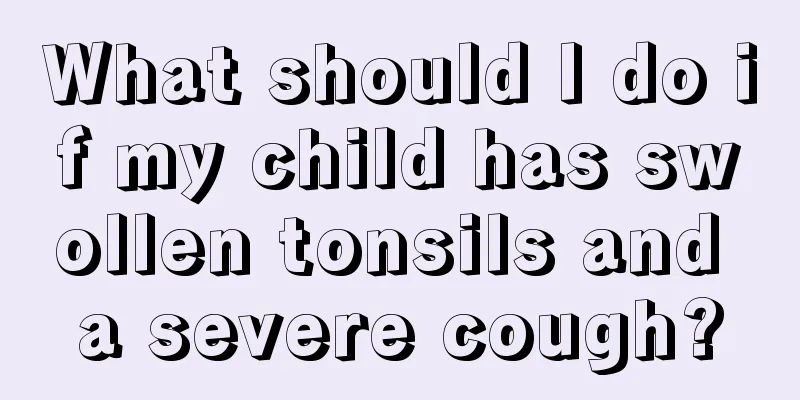Why do children have repeated fevers?
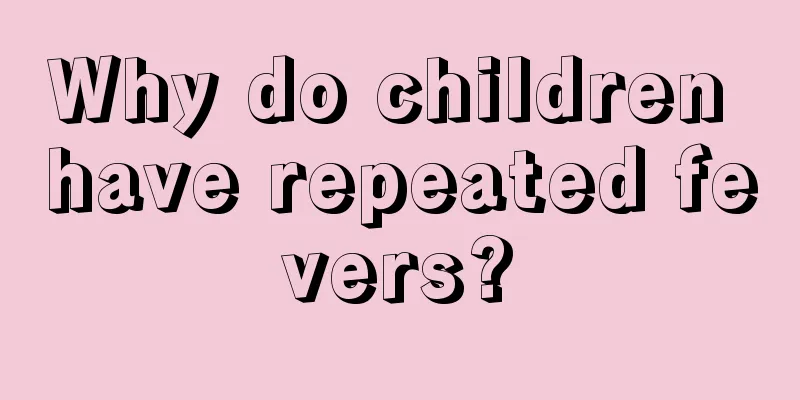
|
In clinical practice, some diseases always recur, making it difficult for people to decide whether to treat them or not. If you treat it, the disease will reappear, which makes the patient feel very unlucky, as it is equivalent to wasting the money and time for treatment. If you don't get treatment, you will feel uncomfortable again. In one word, this situation is torture. Take fever for example, why do children have repeated fevers? Because children have poor ability to adapt to the external environment and their immune systems are not yet fully developed, any discomfort can easily lead to fever symptoms, or their body temperature may rise again quickly after taking medicine to reduce the fever. Especially in the hot summer, if parents use the air conditioner improperly or the baby drinks less water and cannot adapt to the high temperature weather, it will cause repeated fever. There are many causes of fever: mainly bacterial and viral invasion, which cause respiratory and gastrointestinal infections and lead to fever. What parents can do is to provide adequate nutrition according to the child's age and physical development, and add complementary foods in a timely, reasonable and balanced manner. Parents should be especially reminded that if their child has a fever for more than three consecutive days without improvement or if the baby has a high fever or convulsions, they should seek medical attention in time to identify the cause and provide symptomatic treatment. When body temperature is below 38.5℃, physical cooling is the preferred intervention. Fever is the most common symptom of infectious diseases in children. The treatment of fever can be roughly divided into "physical treatment" and "drug treatment". Generally speaking, when a child's body temperature is below 38°C, there is no need to use drug treatment, but choose the correct physical cooling method. For example, applying a fever-reducing patch, drinking plenty of water, and taking a warm bath can all help lower body temperature. Infants and young children with a body temperature above 38.5℃ require drug treatment. If you find that your child's body temperature has exceeded 38.5℃, parents should closely observe the child's condition so as to respond in time. For infants and young children, when their body temperature exceeds 38.5℃, they need to be given medication. |
<<: Why does a child have a fever in the upper body but a cold lower body?
>>: What should I do if my child has inflammation and repeated fever?
Recommend
The best scar removal medicine for children
The best medicine for scar removal for children. ...
Developmental standards for eight and a half month old babies
Babies aged eight and a half months cannot speak ...
What to do if children have blackheads on their noses
It is actually very common for adults to have bla...
What causes blue spots around baby's mouth?
The birth of a child brings endless joy to the wh...
Herbal tea for kids
Tea is a very traditional drink in my country, an...
Are giant babies less intelligent?
Basically all parents hope that their babies will...
What is the treatment for congenital vascular malformations in children?
Nowadays, people pay attention to eugenics and go...
What should I do if my baby has diarrhea while teething?
A baby is the top priority of a family. As long a...
The child suddenly felt cold and shivered in the middle of the night
Children's physical fitness is in a state of ...
Symptoms and treatment of cerebral palsy in children
Cerebral palsy is a very common disease, often oc...
6 month old baby diarrhea
The body resistance of a six-month-old baby is ge...
How to treat baby's cough and sore throat
Coughing is a common problem for most babies. The...
How long does it take for baby jaundice to go away?
Parents are usually very worried when their baby ...
Why does the baby suck his fingers when sleeping?
The question I want to discuss with you today is ...
What kind of facial mask is suitable for teenagers
In the process of growth and development, there a...


